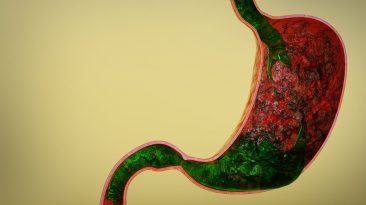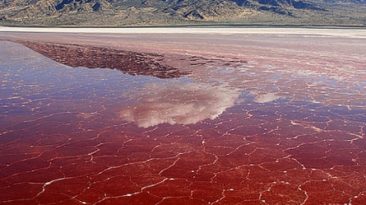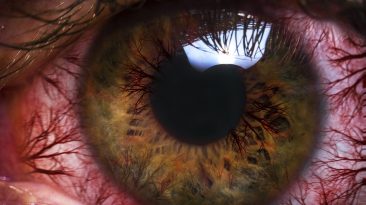When your stomach is working normally, you probably don’t think about it at all. But when it starts acting up, you can’t ignore it. And right now, it’s definitely speaking to you. Because all of a sudden, you have no stomach acid.
Why could it lead to infection? How powerful is stomach acid? Would you excrete food whole?
Your stomach is powerful. And of all the digestive juices it produces, hydrochloric acid is the most extreme. This liquid form of hydrogen chloride is also used in fertilizers, fireworks, rubber, and steel.
If you inhale it, you could suffer from nose and breathing issues. But this dangerous acid is essential for your well-being. And without it, you’d be in big trouble. So, we’re going to follow a piece of food as it travels through your digestive system and into your acid-less stomach.
But first, let’s see what normally happens when you eat. You bite into a delicious bagel. Immediately, your stomach begins to release gastric juices. It uses three glands in your stomach’s lining to create this acidic concoction.
As you chew and swallow your food, it becomes what’s called a bolus. This travels down your esophagus and into your stomach, where it gets mixed with the gastric juices. As I mentioned before, this mixture is potent. But luckily, you have a protective shield made of epithelial cells in the lining of your stomach. Without epithelial cells, the gastric acid would eat away at your stomach lining.
As extreme as stomach acid is, it does four important things for your body. First, it breaks down protein. This is called proteolysis. Second, it activates pepsin which helps you digest the protein. Third, it kills any harmful bacteria that hitched a ride on your food. And finally, your stomach acid sends a chemical signal that moves the food into your small intestine.
After the food moves through your small intestine, it goes into your large intestine. And then, well, you know what happens next. Your whole digestive tract, from your mouth to your anus, is vital for breaking down food. But your stomach is the star of your digestive system. So, how would things change if you lacked stomach acid?
You’d take a bite of that delicious bagel, then chew and swallow it. The food hits your stomach, and then, nothing happens. There are no gastric acids waiting to tear it apart. The food just sits there, growing bacteria that could give you a nasty infection. Proteins and other nutrients wouldn’t be absorbed, leaving you with nutritional deficiencies.
And the food might move into your intestine too quickly. It could come out whole on the other end, called dumping syndrome. It’s a symptom of low stomach acid. Because you aren’t absorbing nutrients, you’d suffer from a lot of issues.
The list is long, so let’s just say you’d have terrible gas problems, heartburn, gastrointestinal infections, and eventually neurological issues, among other things. You’d have to eat every two or three hours. And you’d need to take small bites, and chew your food thoroughly to help your body digest it.
Or, you’d simply put all your meals in a blender. It wouldn’t be fun to drink your dinner, but it would be easier for your wrecked digestive system. You’d also need to be careful about what you eat, and stay away from processed foods to reduce inflammation. And you’d need to take a ton of supplements, although they might make you nauseous. But even these steps wouldn’t get you back to normal.
Luckily, stomach acid doesn’t just disappear. But not having enough stomach acid, or hypochlorhydria, is a common health issue. In the United States, 22% of the population suffers from it. Age, stress, processed foods, and overusing antacid can all cause problems for your stomach.
The good thing is that you can always eat some ginger, fermented vegetables, or drink some apple cider vinegar. They can reduce inflammation, break down food, and increase stomach acid, giving you a happier digestive system. It’s easy to take your body for granted. But it works hard, and we should all treat it like the beautifully complex instrument it is.
Sources
- “Hydrochloric Acid (Hydrogen Chloride)” 2021. epa.gov.
- “Your Digestive System & How It Works | NIDDK”. National Institute Of Diabetes And Digestive And Kidney Diseases.
- “What Is Gastric Acid (Stomach Acid)? Is It Diluted When We Drink Water?”. 2017. Science ABC.
- “What’s in Your Stomach’s Gastric Juice?”. Shereen, Lehman. 2021. Verywell Health.
- “Human Digestive System – Gastric Mucosa”. 2021. Encyclopedia Britannica.
- “Why Your Stomach Acid Is Important – Riordan Clinic”. 2014. Riordan Clinic.


























